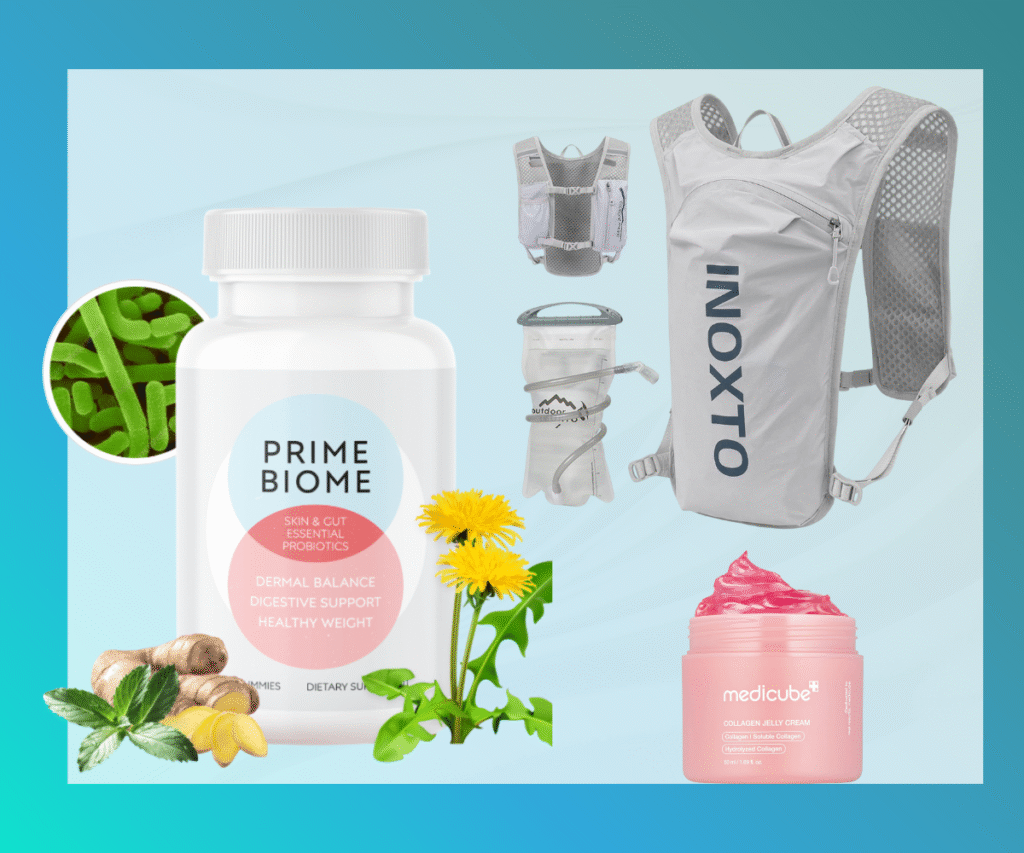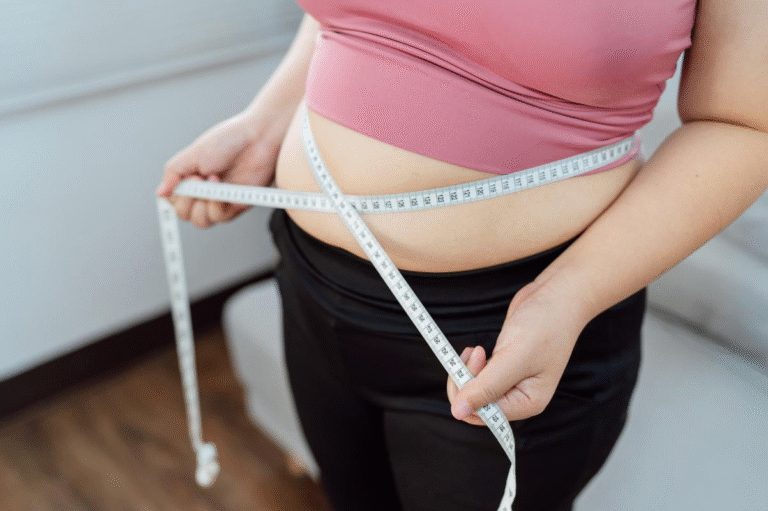The Best Supplements for PCOS: What Actually Works According to Science
Up to 10% of women of reproductive age have PCOS(Polycystic Ovary Syndrome), but many are still unsure of the best ways to manage its complex symptoms. Exercise and diet are still the cornerstones of treatment, but new research is shedding light on some supplements that may actually help with everything from insulin resistance to menstrual cycle regulation. The best supplements for PCOS are broken down in this post, supported by the most recent research and professional opinions, to assist you in making wise decisions for the health of your hormones.
What’s New: Science-Backed Supplements for PCOS Relief
It’s likely that you’ve heard of vitamin D, inositol, or even berberine being discussed in wellness circles if you’ve been diagnosed with PCOS. However, which of these supplements are genuine and which are merely marketing gimmicks? The function of particular nutrients and natural substances in controlling PCOS symptoms is starting to become clearer thanks to recent research and clinical recommendations. When taken in conjunction with medical advice, supplements are showing promise as allies for conditions ranging from insulin resistance and infertility to hormonal imbalances and irregular periods.
What the Experts Say
According to Dr. Natasha Turner, a naturopathic physician and author of The Hormone Diet, “supplements can be a helpful adjunct therapy, especially when addressing insulin resistance, which is a core issue in many PCOS cases.” “But not all supplements are made equal, so it’s important to choose ones that are supported by evidence.” The OB-GYN with a focus on reproductive endocrinology, Dr. Maryam Siddiqui, MD, concurs. “Supplements like myo-inositol and D-chiro-inositol, which help regulate insulin and improve ovulatory function in women with PCOS, are gaining clinical support,” she says. “However, I always advise speaking with a doctor before beginning a new routine.”
Key Study Findings: What the Research Shows
Here’s what peer-reviewed research says about the most effective supplements for PCOS:
1. Inositol (Myo- and D-Chiro-Inositol)
A 2023 meta-analysis published in Frontiers in Endocrinology found that inositol supplementation significantly improved menstrual regularity, insulin sensitivity, and ovulation rates in women with PCOS.
2. Vitamin D
Women with PCOS frequently have low vitamin D levels. According to a review published in the Journal of Clinical Endocrinology & Metabolism, when vitamin D levels are low, taking supplements can help with insulin resistance and regular menstruation.
3. Berberine
The effects of this plant compound are comparable to those of metformin, the common drug used to treat insulin resistance associated with PCOS. Berberine may help PCOS patients with their lipid profiles, glucose metabolism, and even ovulation, according to research published in Evidence-Based Complementary and Alternative Medicine.
4. Omega-3 Fatty Acids
In women with PCOS, omega-3 supplements improved insulin markers and decreased testosterone levels, according to a 2022 randomized study. These results lend credence to omega-3 fatty acids’ anti-inflammatory effects on hormone regulation.
Why It Matters: The Public Health Angle
PCOS is a severe hormonal condition that has long-term consequences, such as type 2 diabetes, infertility, and cardiovascular disease. It is not just about irregular periods or acne. However, many women suffer for years without receiving the right diagnosis or care. Particularly in underprivileged areas or with limited access to healthcare resources, supplements such as inositol and vitamin D provide accessible and reasonably priced means of enhancing quality of life. “Women can take proactive measures to manage their health if they have greater knowledge about safe and effective supplements,” Dr. Turner says. “However, medical care should never be replaced by supplements.”
Actionable Tips: How to Choose the Right Supplements for PCOS
- Talk to your doctor before starting any new supplement, especially if you’re on medications like metformin or hormonal birth control.
- Look for clinical doses. For example, most studies use 2000-4000 mg of inositol daily in a 40:1 ratio of myo- to D-chiro-inositol.
- Check for third-party testing on supplement labels to ensure purity and safety.
- Combine with lifestyle changes like a low-glycemic diet and regular exercise for best results.
- Avoid “miracle cure” marketing. Stick with supplements backed by scientific evidence, not hype.
For additional guidance, you can explore PCOS treatment options and supplement reviews on trusted sites like Mayo Clinic and Healthline.
Final Thoughts: Proceed with Caution, but Stay Informed
PCOS can be effectively managed with supplements, but there is no one-size-fits-all approach. Our knowledge of the relationships between nutrients and natural substances and hormones, metabolism, and reproductive health is constantly expanding as research advances. Important supplements like inositol, vitamin D, berberine, and omega-3s are currently supported by research as useful components of your PCOS treatment strategy. But keep in mind that a comprehensive strategy that incorporates lifestyle choices, diet, and medical supervision will yield the best results.
Check out the healthlynic ✔️approved range of products for Weight Loss, Improve metabolism and much more!







